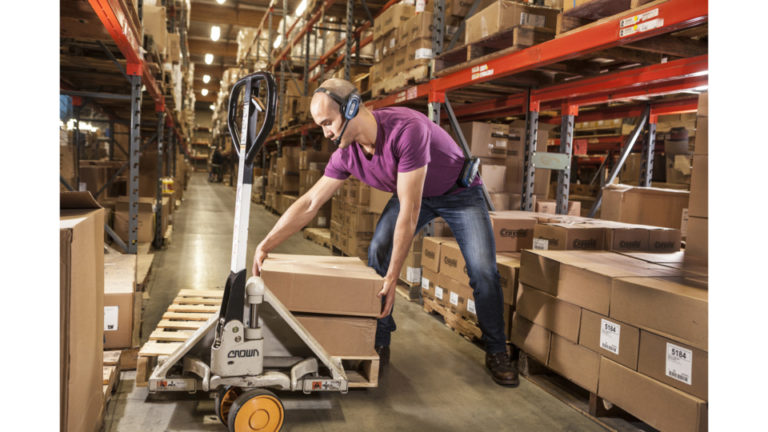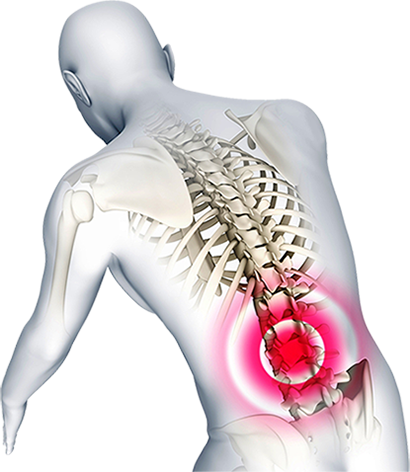Can I be fired for making a personal injury* claim against my employer?
The Unfair Dismissal Act 1977
The short answer to this question is no. Section 6 (c) of the Unfair Dismissals Act 1977 precludes employers from dismissing employees who take a personal injury action or indeed any claim against them. As the section states an employee will be unfairly dismissed if they are fired for “civil proceedings whether actual, threatened or proposed against the employer to which the employee is or will be a party to or in which the employee was or is likely to be a witness.” Therefore if you were dismissed for bringing a personal injury action against your employer you will be able to bring a separate claim against your employer for unfair dismissal. The Legislative remedies for successfully unfair dismissal claims are:
- reinstatement, meaning that you would be treated as if you had never been dismissed and that you would be entitled to recover your loss of earnings from the date of your dismissal to the date of your return to work; or
- compensation of up to a maximum of the equivalent of two years’ pay.
Even more concerning for the employer is that you could potentially bring an injunction preventing your dismissal.
Employers Obligations Under Statute
Employers have both a common-law and statutory obligation to provide their employees with both a safe system and place of work. This obligation was further enshrined in legislation in the The Safety, Health and Welfare at Work Act, 2005. This act obliges employers to do everything that is reasonably practicable to ensure the safety, welfare and health of their employees.
If an employee is injured in an accident* at work, because their employer has failed to take all reasonable steps to ensure their safety, they are entitled to bring a personal injury* action to seek compensation for their injuries. The employer cannot fire the employee because the employer has failed to meet their common-law and statutory obligations.
An Unlikely Occurrence
Given the strong protections workers are given under Irish employment legislation it is nearly unheard of for an employee to be fired for bringing a personal injury action. In the last 15 years it has only happened once to client of our office and in that case the employers had to pay compensation for the unfair dismissal and separately for our clients personal injury action.
For More Information Please Feel Free to Contact US
For further information in relation to accidents work or indeed any aspect of personal injury*, please do not hesitate to contact Hanahoe and Hanahoe solicitors on 045 897784 (Naas Office) or on 015255637 (Dublin office) or at info@hanahoeandhanahoe.com or on Facebook
This article is merely for information purposes and is not and should not be taken as legal advice. If you have any queries in relation to this or any other aspect of personal injury* you should consult with a solicitor who specialises in personal injury law*. No solicitor/client relationship or duty of care or liability of any nature exists between Hanahoe and Hanahoe solicitors, until you receive written confirmation that we are acting as solicitors on your behalf.
*In contentious business a solicitor may not calculate fees or other charges as a percentage or proportion of any award or settlement.





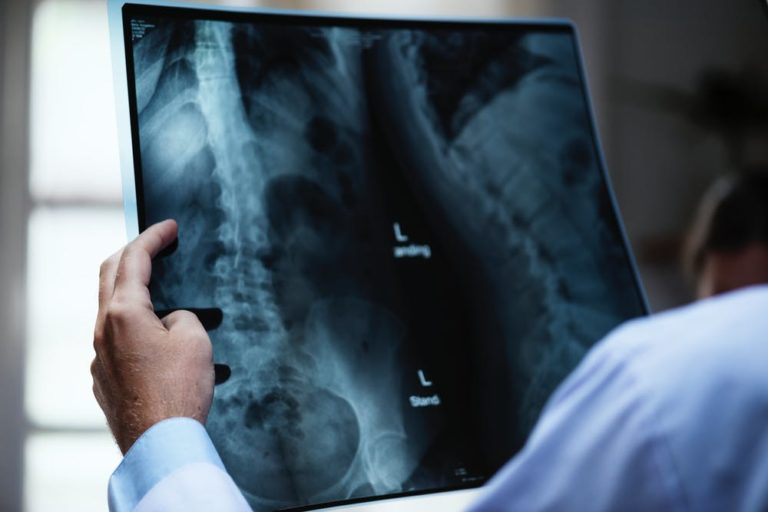

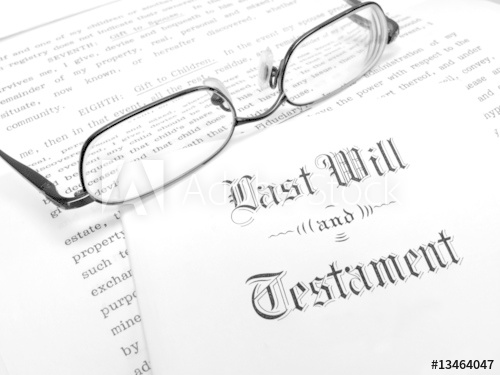
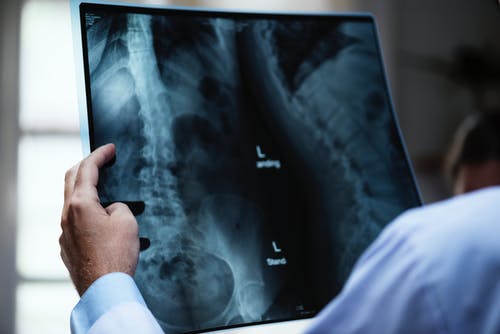
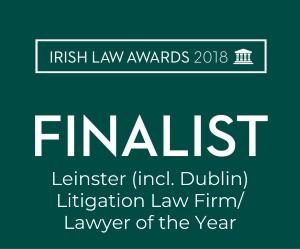 Hanahoe and Hanahoe solicitors were delighted to be nominated as Personal Injury &
Hanahoe and Hanahoe solicitors were delighted to be nominated as Personal Injury & 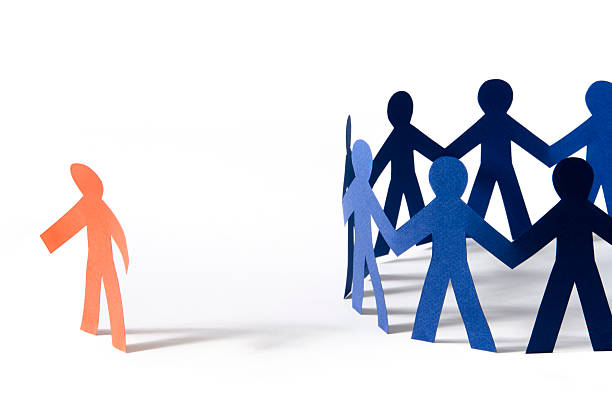
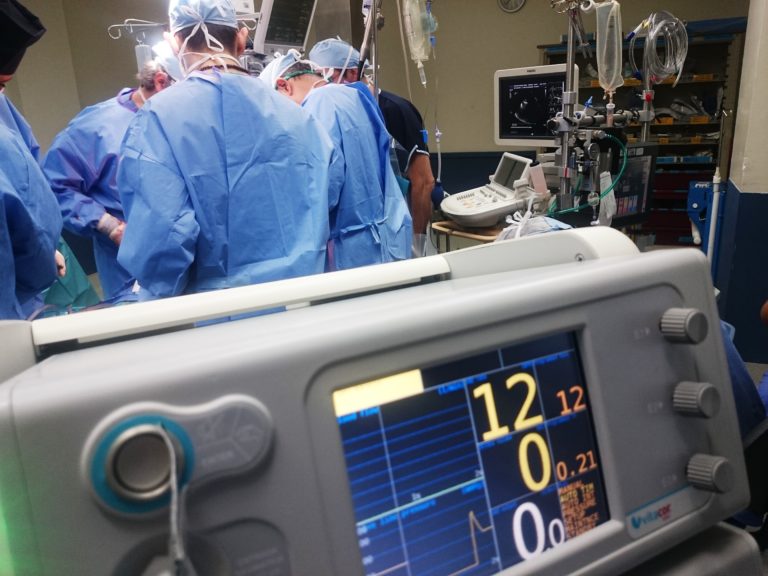
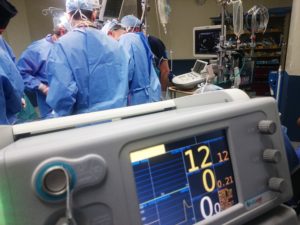 Two major concerns with the medical device industry is 1) that if a product receives the CE Mark, which is essentially the Quality Approval Stamp, in one EU member state, it can be marketed across the EU. And 2) Medical devices are often allowed on to the market without human trials. Instead the manufactures monitors the devices after they have been released to the market for any potential problems. This is what is referred to in the industry as ‘post market surveillance’. unlike other products, these devices are often inserted into a patient’s body, so if a fault is detected and the product needs to be recalled, the consequences can be severe. As we have seen from the Vaginal Mesh scandal, it can often be very difficult to remove these devices and the damage caused to patients can be devastating. The other difficulty is that these devices may have been inserted into countless patients, before any defect is realised. This is why you often see what amount to class actions in these types of cases.
Two major concerns with the medical device industry is 1) that if a product receives the CE Mark, which is essentially the Quality Approval Stamp, in one EU member state, it can be marketed across the EU. And 2) Medical devices are often allowed on to the market without human trials. Instead the manufactures monitors the devices after they have been released to the market for any potential problems. This is what is referred to in the industry as ‘post market surveillance’. unlike other products, these devices are often inserted into a patient’s body, so if a fault is detected and the product needs to be recalled, the consequences can be severe. As we have seen from the Vaginal Mesh scandal, it can often be very difficult to remove these devices and the damage caused to patients can be devastating. The other difficulty is that these devices may have been inserted into countless patients, before any defect is realised. This is why you often see what amount to class actions in these types of cases.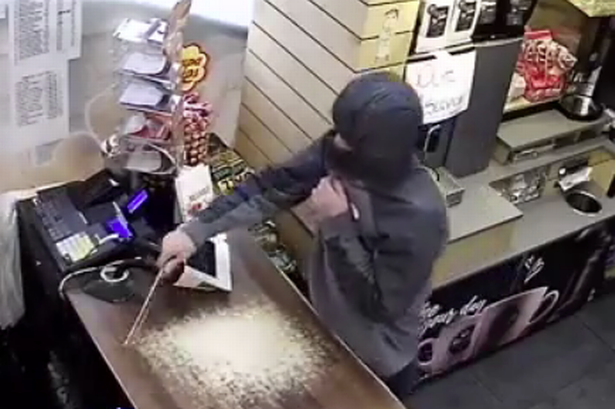
 The victims of workplace robberies can often suffer horrendous physical and psychological injuries injuries. Compensation for victims of work places robberies can be achieved in two ways. The first is the victim can make a claim under the ‘Scheme of Compensation for Personal Injuries* Criminally Inflicted’. The second is they can bring a Personal Injury Action*.
The victims of workplace robberies can often suffer horrendous physical and psychological injuries injuries. Compensation for victims of work places robberies can be achieved in two ways. The first is the victim can make a claim under the ‘Scheme of Compensation for Personal Injuries* Criminally Inflicted’. The second is they can bring a Personal Injury Action*.